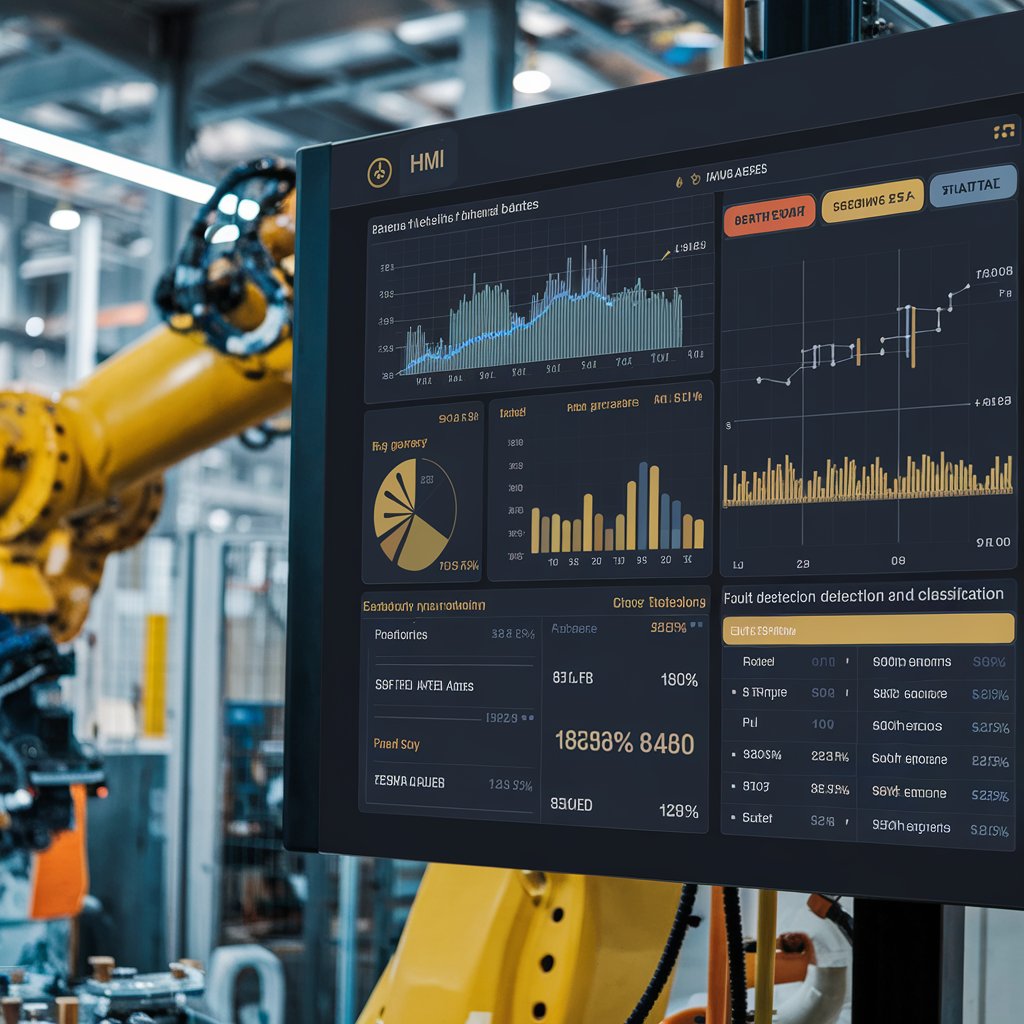The industrial landscape is undergoing a rapid transformation. As manufacturers and production facilities strive to remain competitive, industrial software market has emerged as the digital backbone of modern operations. Whether it’s enabling smart factories, predictive analytics, or autonomous systems, industrial software is redefining efficiency, scalability, and agility in production processes worldwide.
Deep Dive: Key Industrial Software Types Driving Growth
Manufacturing Execution Systems (MES)
MES bridges the gap between enterprise-level planning and the factory floor. It offers real-time visibility into production lines, monitors performance, and ensures product traceability—making it essential for quality assurance and lean manufacturing.
Product Lifecycle Management (PLM)
PLM software manages the entire lifecycle of a product—from ideation and design to development and disposal. In industries like automotive and aerospace, PLM is crucial for innovation, compliance, and cost control.
Digital Twin and Simulation Software
By creating virtual replicas of physical assets, digital twins allow manufacturers to simulate real-world processes, identify inefficiencies, and test operational changes without risk. This technology is becoming a cornerstone of predictive operations and strategic planning.
SCADA and Industrial IoT Platforms
Supervisory Control and Data Acquisition (SCADA) systems, paired with IIoT platforms, gather and analyze sensor data to enable real-time monitoring and control of industrial assets. They are integral to asset-heavy industries like energy, oil & gas, and mining.
Smart Manufacturing: A Paradigm Shift in Production Philosophy
Smart manufacturing is more than automation—it’s about adaptive, data-driven decision-making powered by software ecosystems. At its core, smart manufacturing combines:
-
Interconnectivity: Machines, sensors, and systems seamlessly communicate.
-
Analytics and AI: Insights are extracted in real time, enabling predictive maintenance and optimization.
-
Flexibility: Production lines quickly adapt to new products or market shifts.
This shift from rigid, linear operations to agile, responsive systems is placing industrial software at the center of manufacturing strategies.
Download PDF Brochure @
https://www.marketsandmarkets.com/pdfdownloadNew.asp?id=27555137

AI, Machine Learning, and Industrial Intelligence
One of the most disruptive trends is the integration of AI and ML into industrial software platforms. These technologies:
-
Predict machine failures before they occur
-
Identify bottlenecks in production lines
-
Forecast supply chain risks
-
Optimize energy usage and minimize waste
By enabling cognitive decision-making, AI turns passive data collection into active operational intelligence, giving manufacturers a competitive edge.
Cybersecurity: A Rising Priority in Software-Driven Environments
As connectivity grows, so does vulnerability. The rise of smart manufacturing has exposed factories to cyber threats, particularly in critical sectors like energy, defense, and pharmaceuticals.
Industrial software vendors are responding by building secure-by-design platforms and offering integrated cybersecurity features like:
-
Real-time threat detection
-
Anomaly monitoring
-
Encrypted communication protocols
-
Zero-trust access controls
Cybersecurity is no longer optional—it’s a core feature of modern industrial software deployment.
Market Dynamics: Who’s Leading the Way?
Key Players in the Market
Major contributors to the global industrial software landscape include:
-
Siemens Digital Industries
-
Schneider Electric
-
ABB Ltd
-
Emerson Electric Co.
-
Rockwell Automation
-
AVEVA
-
Dassault Systèmes
-
Honeywell Process Solutions
These companies are investing heavily in AI integration, cloud-native platforms, and ecosystem partnerships to offer more robust and future-ready software solutions.
Emerging Trends Shaping the Future
Edge Computing Integration
Industrial software is increasingly integrating with edge computing to process data closer to the source, reducing latency and enabling real-time control in critical environments.
SaaS and Subscription-Based Models
Subscription-based software delivery is making advanced solutions accessible to small and mid-sized manufacturers, driving democratization of digital tools.
Sustainability and Green Manufacturing
Industrial software is playing a crucial role in helping manufacturers reduce emissions, monitor resource consumption, and meet ESG goals. Carbon tracking and environmental compliance modules are gaining traction.
Conclusion: The Digital Core of the Industrial Future
The global industrial software market is no longer a niche—it is the strategic core of industrial transformation. From enhancing operational visibility to enabling autonomous systems, these platforms are shaping the future of how goods are made and how value is delivered.
As manufacturers embrace digital-first strategies, the demand for integrated, intelligent, and secure industrial software solutions will only intensify—making this market one of the most critical components of the fourth industrial revolution.
